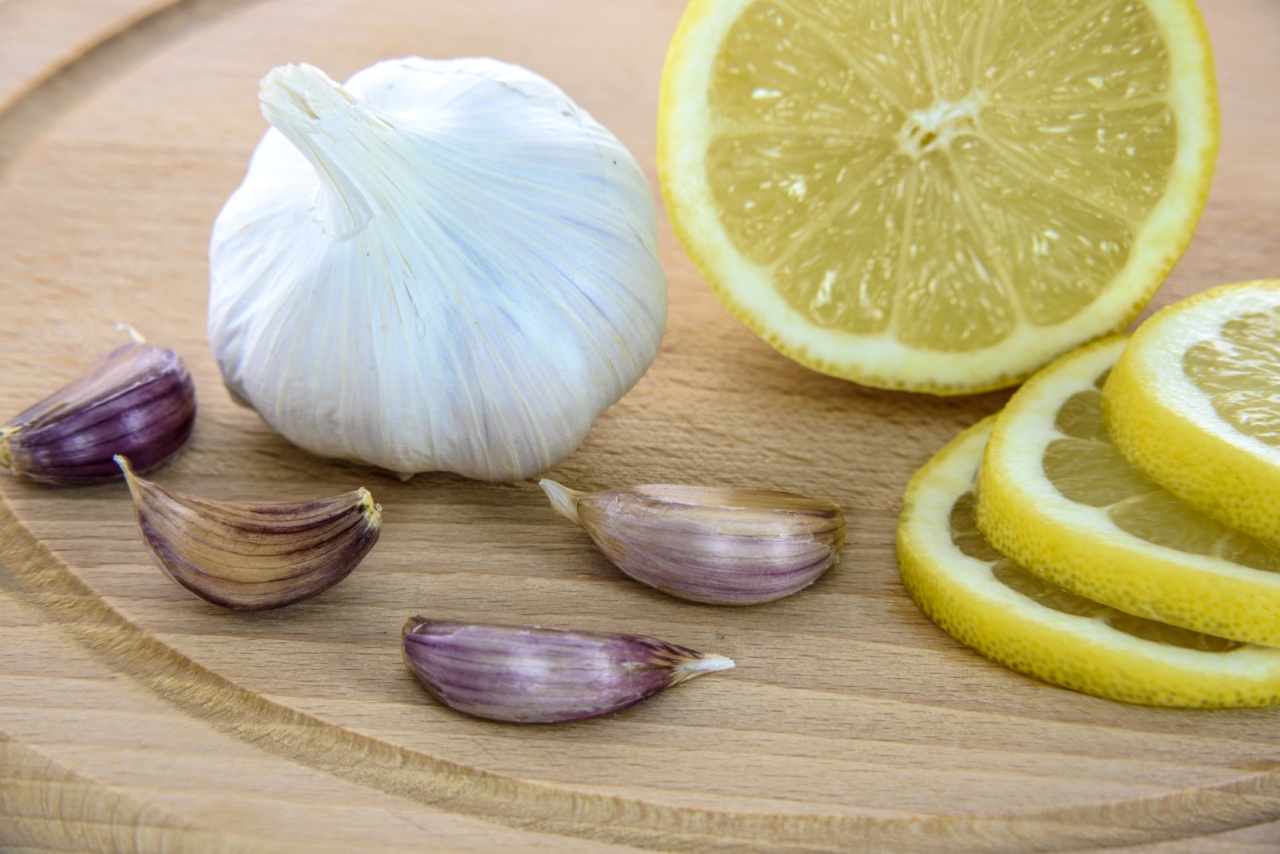Endometriosis is a painful and chronic condition that affects millions of women worldwide. It occurs when the tissue lining the uterus, known as the endometrium, grows outside the uterus.
This can cause a range of symptoms, including severe pelvic pain, heavy periods, and infertility. While there is no cure for endometriosis, there are many ways to manage and alleviate its symptoms. One of the most effective and natural methods is through healing endometriosis with food.
The Importance of a Healthy Diet
Proper nutrition is essential for overall health and wellbeing, but it becomes even more crucial for those suffering from endometriosis. A well-balanced diet can help reduce inflammation, boost the immune system, and promote hormonal balance.
By focusing on foods that are anti-inflammatory, nutrient-dense, and hormone-regulating, women with endometriosis can experience significant improvements in their symptoms and overall quality of life.
Include Plenty of Fruits and Vegetables
Fruits and vegetables are rich in vitamins, minerals, antioxidants, and fiber, making them an essential part of any healing diet.
The antioxidants present in these foods help reduce inflammation and oxidative stress in the body, while fiber promotes healthy digestion and regular bowel movements. Aim to include a variety of colorful fruits and vegetables in your diet, such as berries, leafy greens, cruciferous vegetables, and citrus fruits.
Focus on Anti-Inflammatory Foods
Chronic inflammation is a common characteristic of endometriosis, and it can contribute to the severity of symptoms. Incorporating anti-inflammatory foods into your diet can help reduce inflammation and alleviate pain.
Some excellent choices include fatty fish rich in omega-3 fatty acids, such as salmon and sardines, turmeric, ginger, green tea, and extra virgin olive oil.
Choose Complex Carbohydrates
When it comes to carbohydrates, opting for complex ones is essential. Unlike simple carbohydrates that can cause blood sugar spikes and worsen inflammation, complex carbohydrates provide sustained energy and are rich in fiber.
Whole grains like quinoa, brown rice, and oats, as well as legumes like lentils and chickpeas, are excellent choices for women with endometriosis.
Incorporate Healthy Fats
While it may seem counterintuitive, incorporating healthy fats into your diet can actually benefit those with endometriosis. Healthy fats, such as those found in avocados, nuts, seeds, and olive oil, can help regulate hormones and reduce inflammation.
These fats also aid in the absorption of fat-soluble vitamins, which are important for overall health and hormonal balance.
Avoid Triggering Foods
Just as certain foods can help alleviate symptoms, others can trigger inflammation and worsen pain. It’s essential to identify any potential food sensitivities or intolerances that may be aggravating your condition.
Some common trigger foods for endometriosis include processed foods, refined sugars, caffeine, alcohol, and gluten. Listen to your body and pay attention to how certain foods make you feel.
The Role of Supplements
While a well-rounded diet should be the primary focus, certain supplements can help support the healing process and provide additional relief.
Some common supplements for endometriosis include omega-3 fatty acids, magnesium, vitamin D, and herbal supplements like turmeric and evening primrose oil. However, it’s crucial to consult with a healthcare professional before starting any new supplements.
Exercise and Stress Management
While this article focuses on healing endometriosis with food, it’s important to note that implementing lifestyle changes like regular exercise and stress management techniques can complement dietary interventions.
Engaging in physical activity helps boost endorphins, reduce inflammation, and improve overall wellbeing. Additionally, stress management through practices like yoga, meditation, or therapy can help alleviate pain and promote hormonal balance.
Supportive Therapies
Alongside dietary changes, some women find relief through supportive therapies like acupuncture, chiropractic care, or naturopathic medicine. These alternative treatments can help with pain management, hormone regulation, and overall healing.
It’s important to consult with qualified practitioners and discuss any therapies you are considering.
Conclusion
Healing endometriosis with food provides an accessible and natural approach to managing this chronic condition.
By focusing on anti-inflammatory, nutrient-dense foods, avoiding trigger foods, and incorporating healthy lifestyle habits, women with endometriosis can experience significant improvements in their symptoms and overall quality of life. However, it’s important to remember that each person is unique, and what works for one may not work for another. Listen to your body, be patient, and consult with healthcare professionals for personalized guidance.































